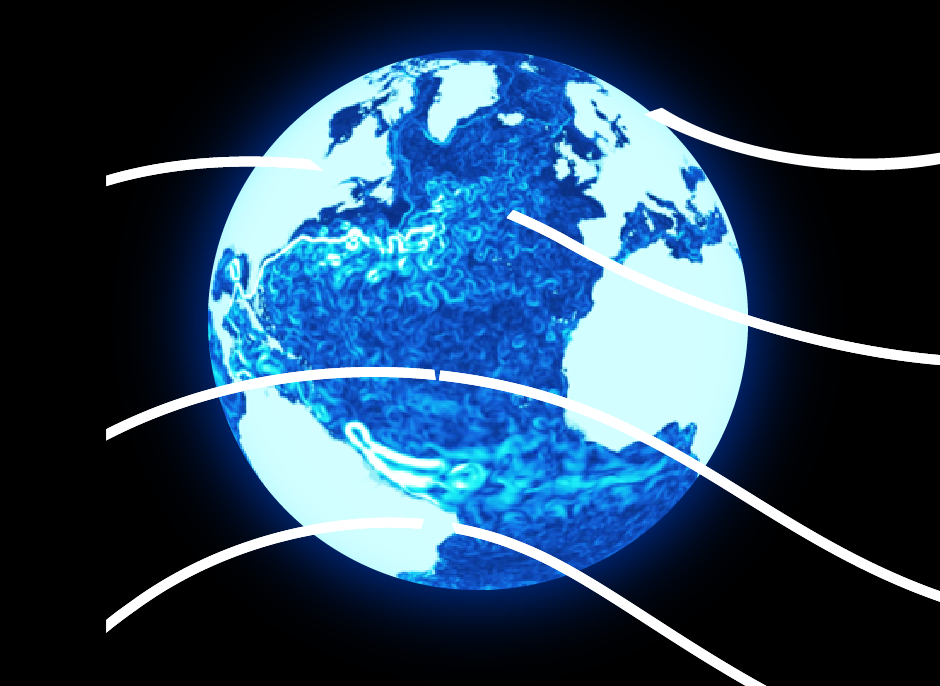
Digital Ocean Forum 2023: Highlights and progress towards advancing the EU Digital Twin Ocean
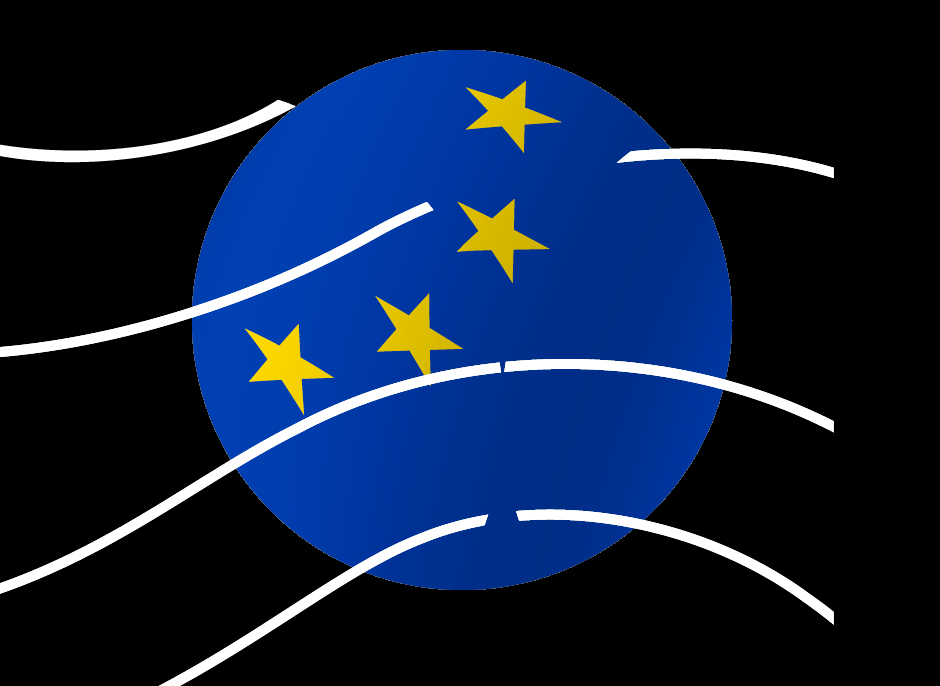
The annual Digital Ocean Forum (DOF) is being established as the critical meeting point for sharing, discussing and collectively making progress towards the EU Digital Twin Ocean (EU DTO). Building on the momentum set by DOF2022 (Paris), the recent celebration of DOF2023 (Brussels, June 14-15, 2023) has signified a key milestone in the further co-design of the EU DTO.
DOF2023 successfully brought together representatives from a large community of EU research projects and national initiatives, who were able to learn about the development of the EU DTO core infrastructure, including its planned offering of services and capabilities.
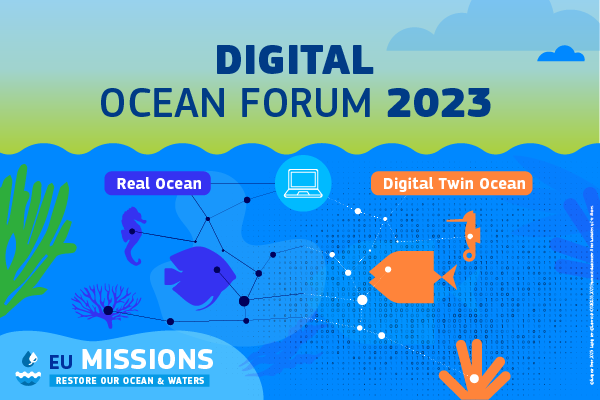
Background
The EU is building the core infrastructure of the EU DTO through two projects, namely EDITO-Infra and EDITO Model Lab. The EDITO projects will provide the foundations for the further development of the EU (and other, non-EU) DTO initiatives, hosting the deployment of multiple DTO applications from ongoing and future twinning projects. The EU will further evolve a thriving digital ecosystem through other complementary actions, aiming for an operational demonstration of capabilities by 2024, towards enabling the delivery of the EU DTO vision. On the one hand, EDITO-Infra is upgrading, combining, and integrating key service components of existing EU ocean observing, monitoring, forecasting, and data programs -namely Copernicus Marine Service and the European Marine Observation and Data Network (EMODnet)- into a single digital framework, complementing their existing services. On the other hand, EDITO-Model Lab is responsible for developing the next generation of ocean numerical models by combining artificial intelligence and high-performance computing to provide access to simulations of different what-if scenarios. The EDITO projects combined will develop the “core” of the EU DTO, incorporating:
- A data lake.
- A processing engine.
- A virtual simulation environment i.e., for what-if scenarios.
Insights from DOF2023 participants
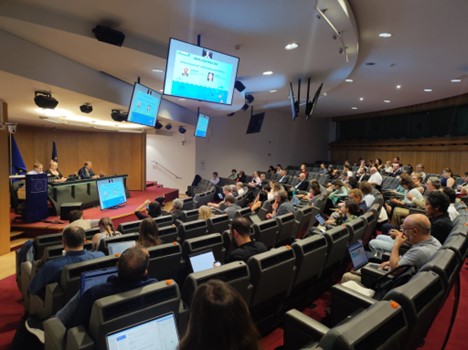
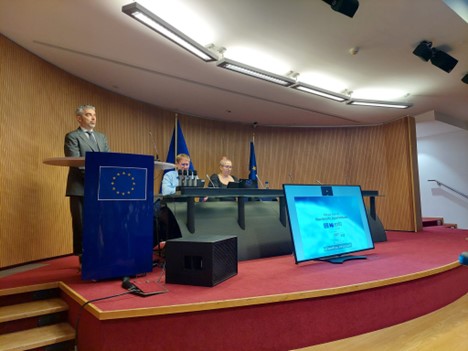
Overall, more than 50 projects and initiatives representing scientists, users, and ocean communities contributed to DOF2023, offering insights into the interest and readiness of existing consortia to make use of the infrastructure, Expectations, concerns, and recommendations gathered from these expert communities are key inputs in the process of co-designing and co-developing the EU DTO.
Participating representatives largely agreed on the added value and opportunities brought by the development of the EU DTO core infrastructure. The EDITO Data Lake attracted interest from participants, who showed a keen interest in using its data offer (including I.e., biology, biogeochemical, physical, socioeconomic data, amongst others). Projects also showed a strong interest in the modeling component of the DTO, expecting that it covers a large diversity of thematics. Expectations on using the DTO to support decision making and policy implementation were voiced, both in terms of what the DTO will provide and how it will be built to enable these processes. Suggestions were made towards ensuring that the EU DTO provides a multipurpose “virtual environment” for 1) co-designing and co-sharing, enabling projects to reference and promote their applications; 2) provide sectorial services, as developed by a wealth of initiatives and projects; and 3) act as a societal hub targeted at citizens, NGOs and policy makers.
The large majority of projects confirmed their interest in contributing to shape the EU DTO. Several projects expressed interest in relying partially or totally on the DTO core infrastructure for their implementation. Participants agreed that the EU DTO can contribute to significantly enhance stakeholder interactions and communications, especially with policy makers and citizens. This will require that the DTO is able to cater to a broad range of users, with different digital skills, needs and expectations.
Concerns were also expressed on different issues, namely:
- The consistency, harmonisation and standardisation of data formats and the conditions for sharing data.
- The interoperability of the DTO on a European and global scale.
- The capacity of the DTO in terms of running models and chaining models into a modeling suite, managing/versioning model code and validating model output.
- The need to anticipate technical details to existing projects and communities, for them to assess the feasibility of implementing initiatives on the EU DTO, or to inform the DTO roadmap towards enabling future implementation.
- The need to ensure that the EU DTO offers a high level of “user-friendliness” to enable onboarding users across a wide range of audiences with different skills, needs and expectations.
Next steps
As the core infrastructure of the EU DTO continues to evolve, these conclusions will inform the next phase of developments and stakeholder interactions. DOF 2024 (Brussels, June 2024) will offer new opportunities to take stock of the progress achieved, as well as identifying new challenges and opportunities emerging through its development and feedback from engaged communities.
EDITO-Infra: The backbone of the European Digital Twin of the Ocean




